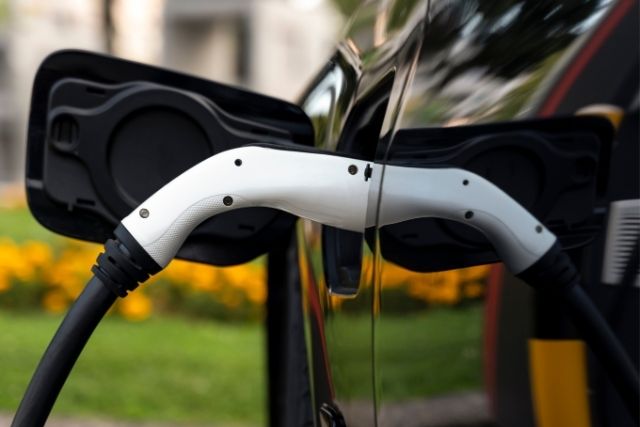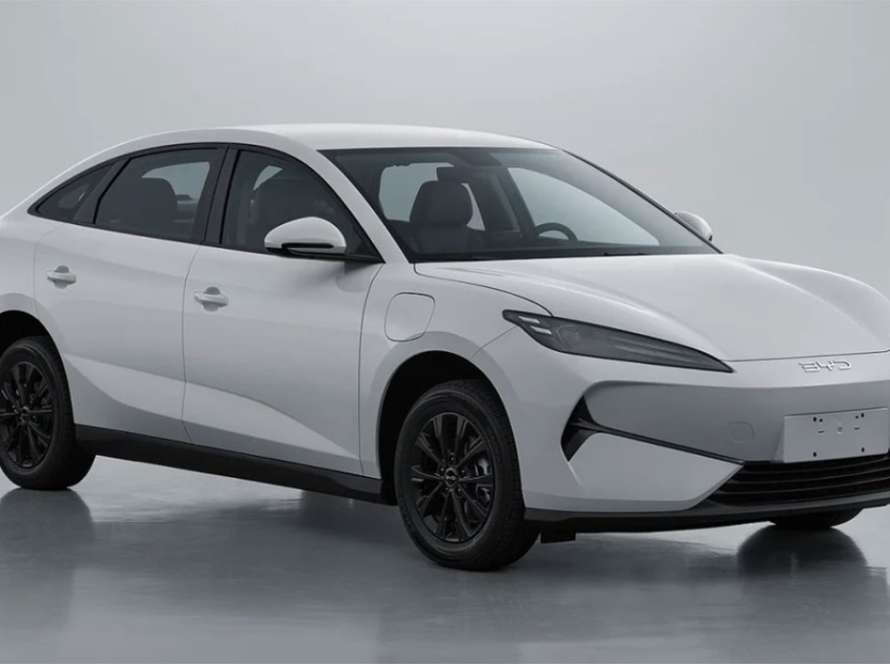As EVs gain popularity, many drivers are reassessing their local driving habits. With a growing network of charging stations and advancements in battery technology, EVs are changing the way we think about short trips around town. But is local driving in an EV really the best option? Let’s delve into the advantages and considerations of driving locally in an electric vehicle.
Pros on Driving EV Locally
- Charging Locally
One of the significant benefits of driving an EV is the convenience of charging. For local trips, you can often charge your vehicle at home overnight, eliminating the need to stop at a gas station. Many EV owners find that they rarely need to charge during the day for short trips, making it easy to get in and out of the car as needed. Plus, as charging infrastructure continues to expand, finding a public charging station for longer outings is becoming increasingly convenient.
- Cost-Effectiveness
While the upfront cost of an EV can be higher than that of a traditional gas-powered car, the long-term savings are noteworthy, especially for local driving. Charging an EV is typically cheaper than refueling a gas vehicle, and many utility companies offer lower rates during off-peak hours. Additionally, you’ll save on maintenance costs since EVs have fewer moving parts and require less frequent servicing.
- Environmental Impact
Driving an EV locally significantly reduces your carbon footprint, especially if your electricity comes from renewable sources. By choosing to drive an electric vehicle for your short trips, you’re actively contributing to cleaner air and a healthier environment. This makes local driving not only a practical choice but also an eco-friendly one.
- Performance and Comfort on
EVs are designed for a smooth and quiet driving experience. With instant torque and responsive handling, they make for enjoyable city driving. The regenerative braking feature of many EVs also enhances efficiency, allowing you to recapture energy during stops and slows, which is particularly beneficial in urban settings with frequent traffic lights and stop signs.
- Considerations for Range
While most EVs have sufficient range for local driving, it’s essential to consider your vehicle’s battery capacity and your typical travel distances. If you frequently make longer trips beyond your EV’s range, planning your routes and charging stops becomes crucial. Fortunately, advancements in battery technology are continuously improving range, making EVs increasingly practical for various driving needs.
Cons of EV Local Driving
- Charging Time
While charging at home is convenient, it can still take longer than refueling a gas vehicle. If you forget to charge overnight or need to make an unexpected trip, finding a fast-charging station can require some planning. In busy urban areas, charging stations may also be occupied, leading to delays.
- Range Limitations
Although most EVs have sufficient range for local driving, some models may not be ideal for drivers with longer commutes or who frequently take longer trips. If your driving patterns often exceed your EV’s range, this could pose a significant inconvenience. While advancements in battery technology are improving range, it’s still a consideration for potential buyers.
- Upfront Costs
Despite lower long-term operating costs, the initial purchase price of EVs can still be a barrier for some consumers. Even with government incentives and rebates, the higher cost compared to traditional vehicles may deter some drivers from making the switch, especially if they’re unsure about their charging needs or driving habits.
So…
Whether you’re running errands, commuting to work, or enjoying a weekend drive, choosing an EV for your local trips can lead to a more sustainable and enjoyable driving experience. Embrace the future of transportation and consider how electric vehicles can transform your daily journeys!



